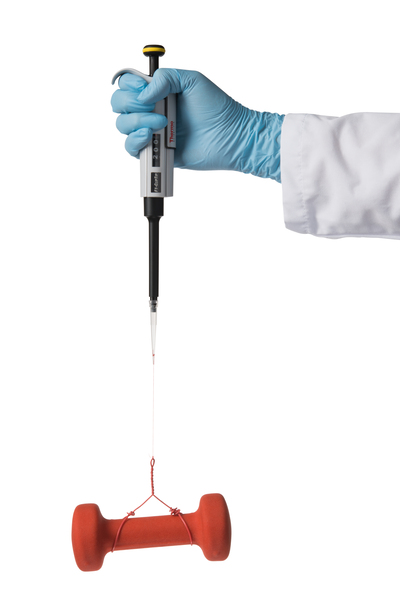Milking the happy cow image

The image of a healthy, happy cow grazing on a lush pasture is probably the first that comes to mind when thinking about Australia and New Zealand’s dairy products.
And, for the most part, that image is in line with reality.
Both countries have long enjoyed a high reputation for the quality and safety of their dairy products. Moderate climate, abundant grazelands and access to water mean pasture is available for cows to graze outside, which adds to the reputation of Australian and New Zealand dairy products as high in nutritional value.
This positive industry image bodes well for the two countries’ export markets. A study in 2020 confirmed that the positive perception around Australia’s ‘pure and natural farmlands’ is quite strong in major dairy consumer markets in Southeast Asia.1 Dairy is also the largest export sector in New Zealand, accounting for one in every three dollars New Zealand earns from the goods export trade.2
With both countries’ economies so reliant on dairy exports, food testing laboratories such as AsureQuality’s Auckland laboratory process millions of dairy samples — from raw and treated milk to powdered milk, butter, and cheese — each year to support New Zealand exporters and help them meet Overseas Market Access Requirements (OMARs) in their destination countries.
Michael Hodgson, Group Service Manager for Food Testing at AsureQuality, which conducts approximately 1.4 million dairy sample tests per year, says access to quality chemicals and laboratory consumables is essential to our business of supporting dairy exporters through fast and accurate testing services.
“If we don’t have our necessary chemicals and consumables available in time, the testing stops. If the testing stops, our customers, the majority of whom are exporters, can’t export their product in time. This means they either have to sell their products with a shorter expiry date and lose a portion of their sale or, in a worst-case-scenario, their entire batch of product might go to waste,” said Hodgson.
Hodgson said that even the most presumably innocuous items, such as HPLC vials and pipette tips, can critically impact test results for dairy samples.
“We use vials for the majority of our vitamin testing, fatty acid testing and sugar testing. If the septums for the vials don’t function properly, we cannot place the vial in the GC (Gas Chromatography) machine to get the test result,” said Hodgson.
For many years, AsureQuality has relied on Thermo Fisher Scientific to supply the lab with chemicals and consumables, as well as advanced testing equipment. Being the world’s largest manufacturer of autosampler vials, Thermo Fisher Scientific can easily support the demands of large laboratories like AsureQuality.
Pipette tips are another essential item for laboratories like AsureQuality. This is where innovations such as the Thermo Scientific ClipTip pipette tips come into play. Featuring ‘clips’ that lock tips in place, the ClipTip helps secure the seal on every channel and prevents tips from loosening or falling off.
“We go through millions of pipette tips each year,” said Hodgson. “If these tips leak, they cannot hold the liquid properly and that generates a host of other risks. Poor quality tips also get frequently blocked, which can delay our test process.” he adds.
Hodgson says the ELISA test kits, which the lab uses for allergen testing in dairy samples, are also quite critical in obtaining accurate test results.
“The importance of ELISA Kits, apart from getting accurate test results for very sensitive tests, is that accreditation for laboratories like AsureQuality is closely linked to having a reliable supply of ELISA Kits in our lab,” Hodgson explained.
Filters are other consumable products that the lab uses extensively to test dairy samples. Here too, Hodgson says there’s no room for quality compromise.
“We use large amounts of filters and syringe filters for dairy testing. If the quality of the filter is not good enough, filters can rip or get blocked, which slows down the test process,” he said.
Hodgson said having a supplier they can trust is important for AsureQuality so they can continue to provide fast and accurate testing services for New Zealand food producers and exporters.
“We have worked with Thermo Fisher Scientific ever since they’ve been in New Zealand. Their regular supply of laboratory consumables and chemicals is very critical to our lab. Thermo Fisher Scientific help us support dairy exporters and the New Zealand dairy industry, which is something we are very proud of.”
To talk to one of the Thermo Fisher Scientific specialists, click here.
References:
1. https://link.springer.com/article/10.1007/s10460-020-10153-2
2. https://www.dairyglobal.net/Market-trends/Articles/2021/2/Country-report-New-Zealand-A-greener-future-for-dairy-714319E/
Smart optical sensor detects ripeness for a quality drop
Queen Mary University of London researchers are developing a handheld, AI-powered grape ripeness...
Lighting up wine spoilage in real time with novel biosensor
A biosensor that glows when acetic acid is detected has been built by researchers to help...
Novel food processing technologies retain more nutrients in food
The potential of a range of modern techniques to improve the nutritional profiles of grain-,...












